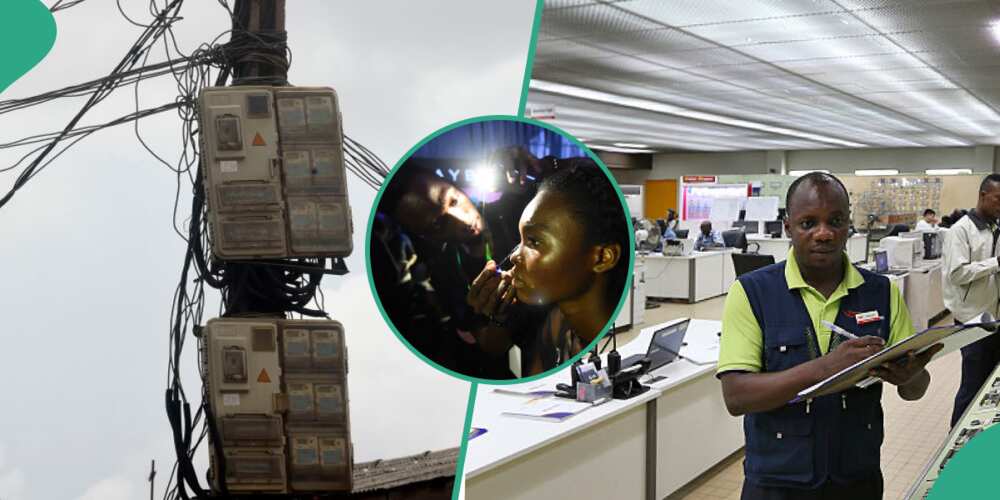NERC Removes Price Cap on Pre-Paid Meters, Allows Customers to Buy from Any Vendor
- The Nigerian Electricity Regulatory Commission (NERC) has removed the pricing cap placed on pre-paid meters
- The new directive by NERC allows meter dealers to participate in a bidding process where the consumer chooses the preferred vendor
- The move will reduce the price of meters as more customers will choose from an array of vendors under the MAP scheme
PAY ATTENTION: The 2024 Business Leaders Awards Present Entrepreneurs that Change Nigeria for the Better. Check out their Stories!
Legit.ng’s Pascal Oparada has reported on tech, energy, stocks, investment and the economy for over a decade.
The Nigerian Electricity Regulatory Commission (NERC) has announced the deregulation of meter prices under the Meter Asset Provider (MAP) scheme for end-users.
The directive was contained in a circular issued by the commission on Monday, April 29, 2024.

Source: Getty Images
Electricity customers to participate in bidding process
The circular said that effective May 1, 2024, the new order will introduce a competitive bidding process that allows customers to choose from various authorised dealers and vendors.
PAY ATTENTION: Сheck out news that is picked exactly for YOU ➡️ find the “Recommended for you” block on the home page and enjoy!
The new move is a sharp departure from the previously regulated pricing regime.
NERC’s order says all meter prices within the MAP initiative will be determined via competitive bidding.
The move is expected to improve transparency and reduce prices as customers can now choose from authorised vendors under the scheme.
The new directive lifts earlier restrictions, allowing all MAP permit holders to provide services across all electricity distribution companies (DisCos) in Nigeria if they meet specific criteria.
The new order is also expected to increase competition among vendors under the MAP scheme, leading to better services and innovations in metering solutions.
Meter vendors to display meter prices online
According to a report, DisCos are mandated to ensure that smart meters provided by vendors are integrated into their head-end and meter data management systems.

Read also
New set of billionaires to join Dangote, Alakija, others as FG begins 2024 oil block bid round
Additionally, vendors must provide publicly accessible online platforms displaying their technical specs and commercial terms for MAP participation.
The move ensures a standardised approach to meter installation and functions across the board.
New move will reduce meter prices
The deregulation also introduces flexibility in the types of meters available under the MAP scheme.
The DisCos can now offer basic electronic meters, IoT meters, DIN rail meters, and current limiters, depending on the customer’s energy consumption profile.
The new order also allows customers to choose their preferred MAP and meter types, which align with their specific energy needs.
FG hiked tariffs by 300%
The development comes a few weeks after the Nigerian government increased electricity tariffs for some categories of users.
Musliu Oseni, the vice chairman of the NERC, made the increment known at a press conference in Abuja on Wednesday, April 3.
Legit.ng reported that Oseni said customers will now have to pay N225 kilowatt per hour instead of N66, which was paid before.
Step-by-step guide to checking your tariff
Legit.ng earlier reported that the Nigerian Electricity Regulatory Commission (NERC) approved an increase in electricity tariffs for Band A consumers on Wednesday, March 3, 2024.
NERC’s vice cxhairman, Musiliu Oseni, said this category would pay N225/kWh of electricity, an increase from the previous rate of N66/kWh.
According to the NERC boss, Band A consumers receive about 16-20 hours of electricity daily, while Band C users get between 12 to 16 hours of electricity daily.
PAY ATTENTION: Donate to Legit Charity on Patreon. Your support matters!
Source: Legit.ng


